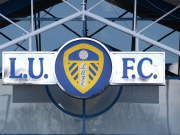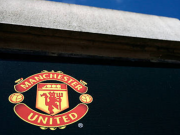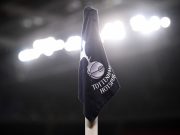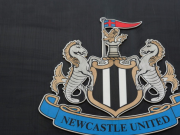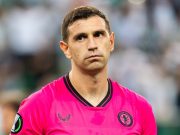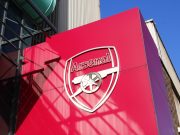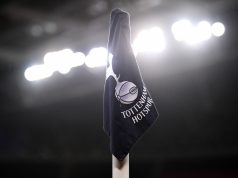Roberto Martinez has been speaking to Spanish newspaper AS, and their journalist Guillem Balague, about his job with the Belgium national team and where his career is at the moment.
Why Belgium, over ‘all the other offers’, is one of the first questions Martinez could ask. Rather than say the obvious like ‘It was a good job especially after Everton had edged me out’ or ‘There weren’t that many interesting offers if I’m honest’, Martinez went for a different route.
The former Everton manager may have convinced himself this is the truth, but it certainly sounds a little manufactured: “At Everton I trained three Belgian players , Kevin Mirallas, Marouane Fellaini and Lukaku, the three very different but very competitive.
“I was very intrigued to know where these players are formed. The Federation there has the same dynamism as in a football club: if you want to do something the solution is sort and the response very fast. In addition, the federation and the league work hand in hand, sharing people and resources, one of the great virtues of football in Belgium. There is much analysis, many programs that adapt to the present time always in search of the progress of young people.
After his brief party political broadcast for the Belgian federation, Martinez was asked about getting the shove from Everton. When the manager had first arrived, he was such a breath of fresh air from David Moyes that perhaps he received too many accolades and had too many suggestions of genius edged his way.
Things went wrong, from the back to the front, but Martinez certainly doesn’t sound bitter towards Everton, and believes it’s simply what happens in football: “Football carries these rules. If you want to be involved in this sport you must understand that you can’t control the period in which you will work. You can try to win the maximum number of matches, and that guarantees a little time and patience, but the only formula is to have intensity every day.
“If you do everything you can, you try to have the clarity of knowing where you want to go, and you work hard for it. If you continue thinking about why (a job is withdrawn) it doesn’t let you grow or be better at the next experience. You should do some self-criticism and move on to the next. I have been very fortunate to be able to train 265 consecutive Premier League matches, which gives you a strong experience, and working in several clubs for ten consecutive years.”



